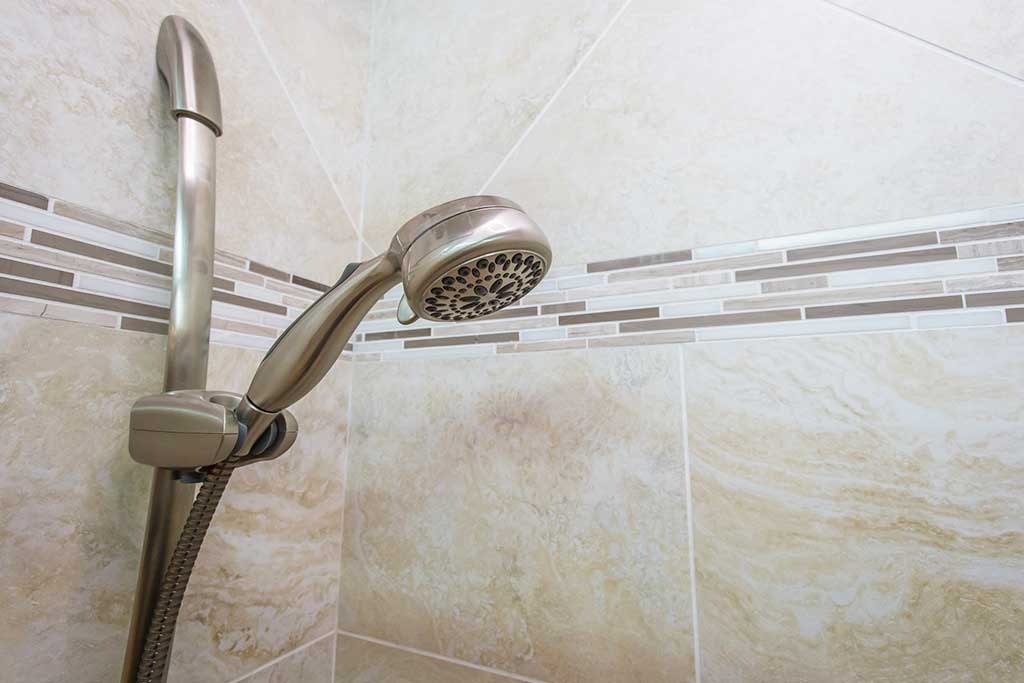5 Acrylic Shower Room Problems and Solutions
5 Acrylic Shower Room Problems and Solutions
Blog Article
{This Resource What are your beliefs on Hiring a Plumbing Expert? We recommend that you clean your acrylic bathing product made of Delta ProCrylic or Acrylic with Innovex Technology with non-abrasive soaps and cleaners, such as: When it’s time to clean, always use a terry cloth towel, soft cloth or sponge to avoid scratching the acrylic surface. Don’t use abrasive scrubbing pads, steel wool or sponges, cause permanent damage to the acrylic material. If you use a drain cleaner or clog remover, be sure to rinse thoroughly with water so no product is left standing near the drain. Some chemicals and cleaners may deteriorate acrylic surfaces, causing cracks and, potentially, property damage. To avoid this, don’t use cleaning products that state on their label that they are not suitable for use on Acrylic, ABS, Polystyrene or Plastic. Be sure to check the label of any product before you apply it to the surface; it’s easier to avoid damage than to try to remedy it. Chemicals we do not recommend using to clean acrylic showers/tubs: When you’re ready to apply sealant, a little planning goes a long way. Pick up some painter’s tape and use it to mask off the seam to help make cleaning up easier. When you’re applying the bead, use a constant, steady speed to avoid an uneven finish. Use a caulk tool or a plastic spoon to work the sealant into the joint. Wetting the tool with denatured alcohol will help create a smooth finish. Follow the directions on the back of the tube for cure time. Certain chemicals and cleaners may deteriorate acrylic surfaces, causing cracks and, potentially, property damage. After you’re finished applying it, clean up the product surface and remove any excess sealant with denatured alcohol. Don’t use solvents (turpentine, lacquer thinner, mineral spirits, paint thinner, MEK, xylene, acetone, naphtha, etc.) that can wreak havoc on an acrylic surface. With a little care and consideration, you can prevent damage to your acrylic shower or tub. Keep a supply of soft cloths handy and remove any damaging products or abrasive scrubbing items from the bathroom to ensure they aren’t around when it’s time to clean. https://www.deltafaucet.com/design-innovation/inspiredliving/how-to-clean-acrylic-shower I stumbled upon that post on Hiring a Plumbing Expert when browsing the internet. Those who enjoyed reading our blog posting kindly be sure to pass it around. I appreciate reading our article about Finding the Right Plumbing Expert.
Acrylic baths, shower trays, as well as other acrylic restroom ware have actually come to be extra typical in bathrooms in current times. Thanks to modern chemistry we currently have options to enamel as well as ceramic materials for restroom fixtures. These include plastic products and various polers. Though not as sophisticated as well as durable as enamel and also porcelain bathrooms as well as fixtures, they are extra budget-friendly as well as offer basically the same basic objective. These materials are very easy to manufacture, shop, and transportation and in the incidence of damages, they are quickly fixed. Some usual examples of damages to acrylic restroom fixtures include discoloration, fractures, openings, and so on. Let's take a look at a few of these problems and fast means of repairing them.Bath Staining
With extended usage of acrylic bathrooms comes discoloration or staining. While some discolorations can be gotten rid of conveniently, utilizing special chemicals, others need that the bathroom be resprayed. Aromatherapy oils loosen the dust in some cases consequently recovering the bath to its former splendor.Chemical Reactions
Often, people attempt to paint the entire surface area of their acrylic bathroom by themselves either because they do not such as the shade to conceal imperfections. You need to never ever use paint remover on acrylic bathrooms. Paint cleaners do not react with the surface of metal bathrooms, they damage acrylic baths irreversibly.Scratched shower or bath surface area
Acrylic washroom components are not abrasion-resistant like enamel selections. Being an extremely soft product, acrylic scratches can even be hidden without covering or dental filling. For these, you must look for specialist help for your bath repairs.Broken Acrylic Baths
The life expectancy of acrylic and fiberglass baths is up to 15-20 years for shower frying pans as well as baths, usually. Splits in an acrylic shower tray are most likely amongst the most convenient troubles to fix for a repair work expert. This is the very same for PVC, resin, and also other such products.
Polymer bathrooms, shower trays, and also various other acrylic bathroom ware have actually ended up being much more usual in washrooms in recent times. With long term usage of acrylic baths comes staining or staining. You must never utilize paint eliminator on acrylic baths. Paint removers do not react with the surface of steel bathrooms, they ruin acrylic baths irreversibly. The lifespan of acrylic and fiberglass bathrooms is up to 15-20 years for shower pans as well as baths, normally.How to clean Acrylic shower
USE THESE NON-ABRASIVE CLEANERS
DO NOT USE THESE CLEANERS
Sealant Application Tips

Schedule Your Job Now